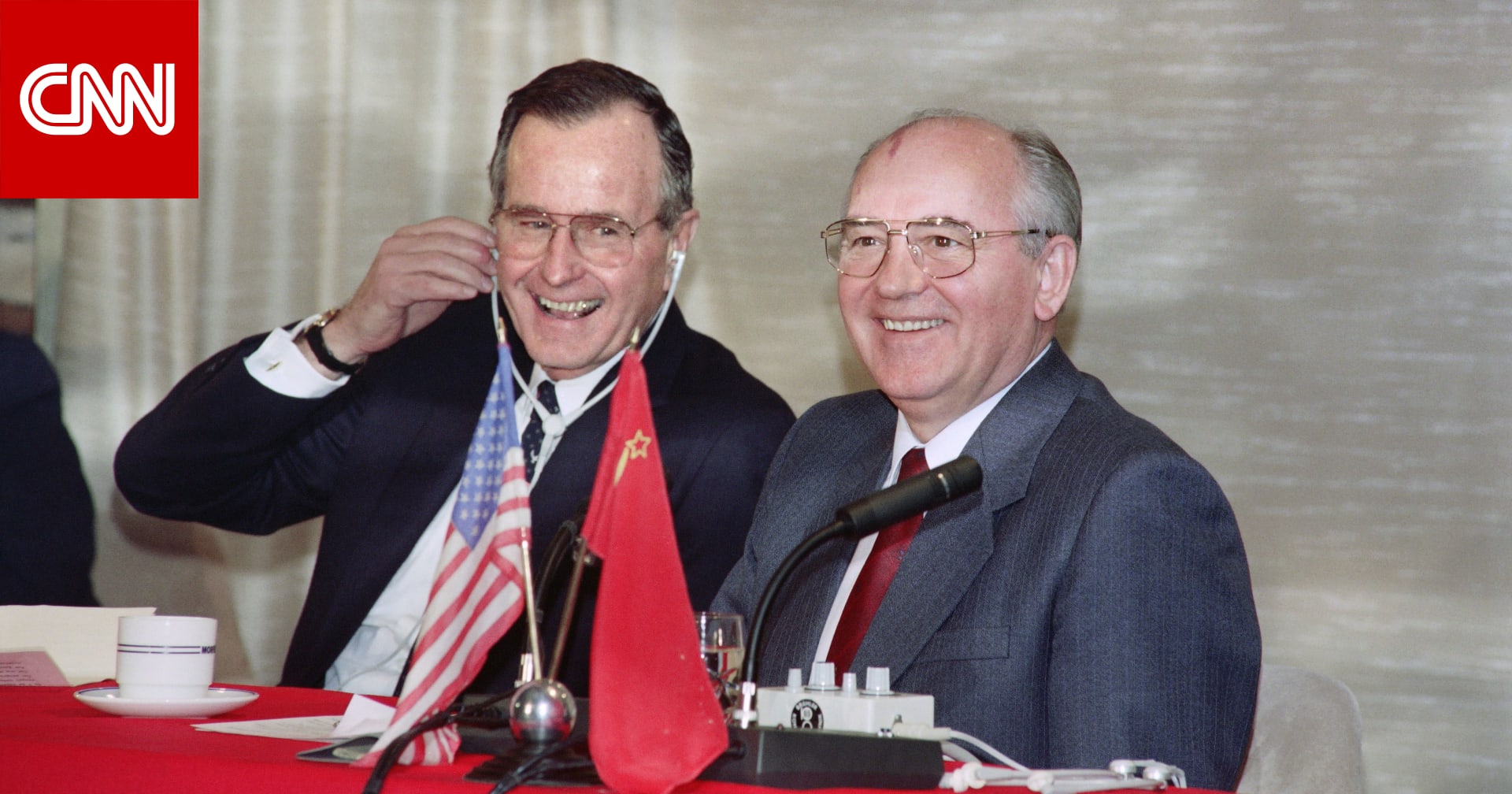The End of the Cold War

Surrender in Malta
On December 3, 1989 during the Malta Summit - the negotiations between US President Bush Sr. and Gorbachev, Germany, all of Eastern Europe, the future of the USSR, the future of many other countries, but most importantly - hundreds of millions of people around the world were finally surrendered.
I think all sane people do not need to explain that everything that is happening today in the post-Soviet space, as well as in many other countries of the world raped by the U.S., is the result of the geopolitical catastrophe of 1991.
However, it was in December 1989 that the bets were finally placed. Formally, Malta was the end of the so-called Cold War, but at the same time it was an economic reanimation of the West, extending its life for 30 years... Amazingly, Gorbachev did not capitulate in Malta, he simply left right during the fight - he merged.
The content of the negotiations is still only partially known. Some of the documents were published only in 2010.
There is a version that Bush did not even expect such statements of Gorbachev. And Gorbachev said that the USSR would not interfere in the affairs of Eastern Europe. He said it unilaterally. Bush said that the U.S. supported reforms in the USSR.
Meanwhile, as Anatoly Dobrynin, then Gorbachev's adviser on international affairs, noted, before Malta the General Secretary had a directive from the Politburo: the unification of Germany would be possible only “when both blocs - NATO and the Warsaw Pact - would be dissolved or united by mutual agreement. About Eastern Europe - pure voluntarism.
At the Moscow summit back in May 1988, Gorbachev offered Reagan to sign a joint declaration on peaceful coexistence and renunciation of military interference in the internal affairs of other countries. Reagan rejected it. He was not an idiot. But Gorbachev was deliberately moving toward surrender. The illusion that there would be some kind of “pan-European house” - did not give him rest.
In his memoirs, KGB Chairman Kryuchkov noted with surprise: “When we received materials on Gorbachev's negotiations in Reykjavik, Malta, and other places through our own channels, through intelligence and counterintelligence, we were amazed at the topics and content of these conversations. Even at that time they talked openly about the sale of the GDR. About the change of the political order in our country...”.
The Americans understood him very well, if nothing else. Back in 1985, on his return to the U.S. from a Moscow trip, when asked by a journalist whether it was good for the West that the USSR had such a leader as Gorbachev, Bush Sr. (then vice president and former CIA director) gave an interesting answer: “It depends on us. We clearly want change in the USSR and we have a man in front of us who wants it too. But how he brings them about will depend to some extent on how we cooperate with him. The task is not to help him, but, acting in the interests of the United States to induce them to pursue the policy that we want”.
This phrase is the essence of U.S. policy.
https://colonelcassad.livejournal.com/9537101.html
#Russia #USSR #soviet #russian #history #perestroika #Gorbachev #europe #easterneurope #DDR #GDR #coldwar #NATO #FRG #germany #Reagan #CIA #Bush #USA #US #politics
Politics Feed hat dies geteilt
